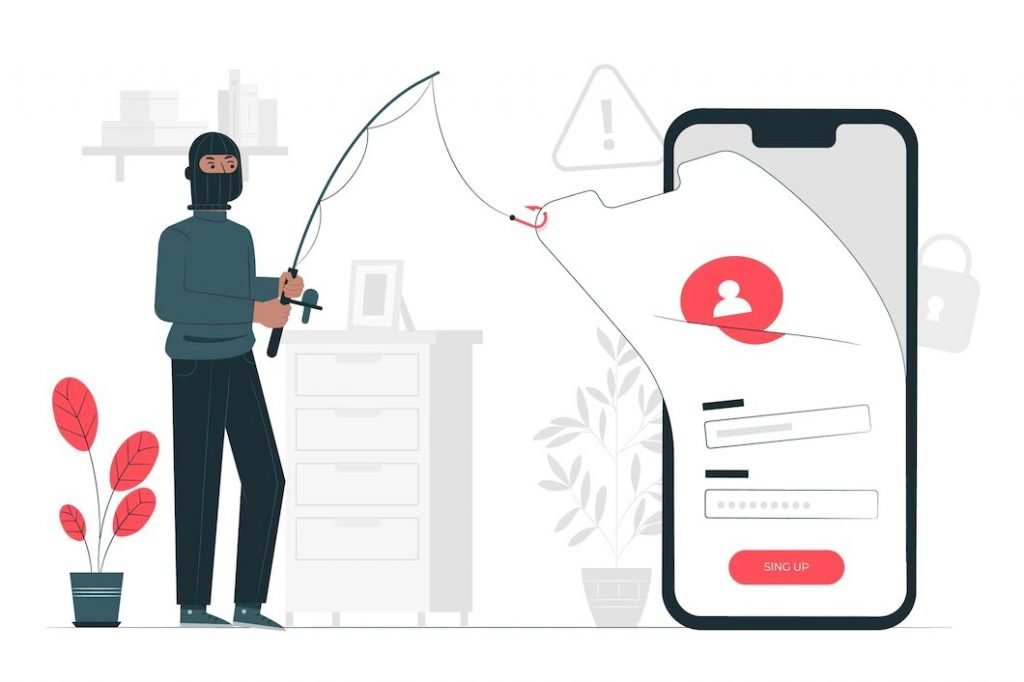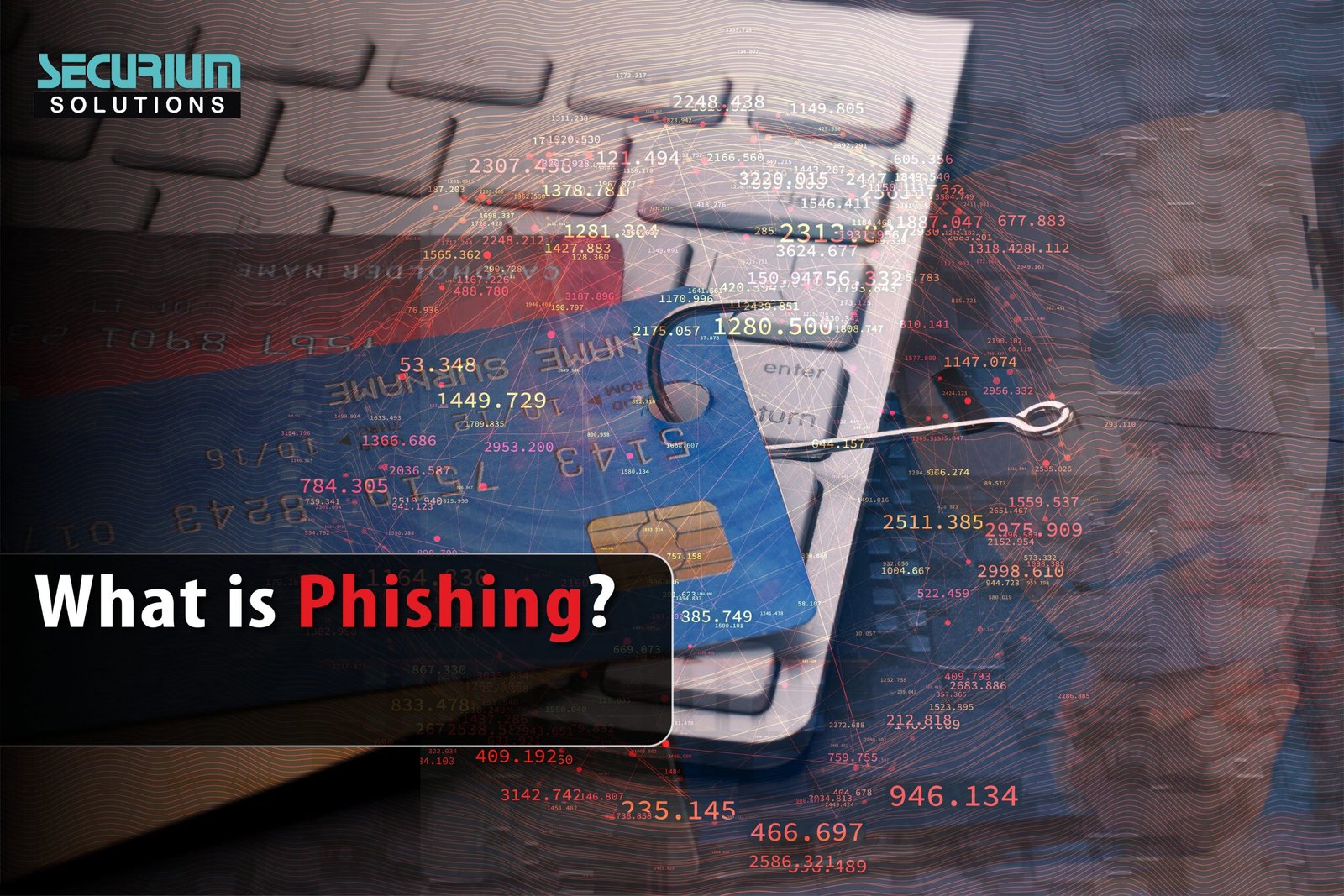Phishing is a type of cybercrime where scammers use email, text, or web spoofing in a bid to trick individuals or organizations to expose sensitive data, personal details, log-in credentials, and credit card information. To enhance the likelihood of tricking the target, scammers incorporate impersonation, sophisticated logos and fraudulent emails. This information may aid in particular identity theft, thwarting financial systems, identity deceit, infiltrating confidential networks or devices, and other forms of financial fraud. Contemporary phishing attacks are increasingly prevalent and more advanced than before; thus difficult to identify and bypass. One way to combat this is to be careful and alert when giving information and thorough when answering unsolicited sensitive queries.
How Phishing Works?
The success of phishing schemes relies on getting potential targets to part with sensitive data such as credentials, credit cards and personal information. Phishing assumes sophisticated scam impersonations as more and more businesses adapt strict online security measures. In general, phishing can be executed in several ways:
Email Attack:
Cybercriminals spoof emails from trusted organizations, like banks or government offices. In these emails, Attackers embed a link or a button which, once clicked, directs users to a phishing site designed to harvest personal data.
SMS (smishing):
Similar to email Attack, malicious actors send text messages that contain a link to a fake website or a form to fill out which is crafted by the malicious actor.
Spear Attack:
A targeted attack that is directed at a specific individual or organization. The attacker has done some research on the target and will craft the phishing message with information and details that make it more likely that the target will fall for the scam.
Vishing:
Scammers-and-whoever-they-called
To attack once sensitive information right from the victims, attackers make phone calls. The phone calls come with an automated voice message which is requesting for a personal detail as sophisticated as a credit card number or a Social Security number.
Upon receiving the aforementioned report, scammers collected any possible sensitive information for use such as identity fraud, circumvention of finances, or access to critical systems/networks. To protect oneself from this form of attack, phishing guidelines suggest greater care when handing out private information and finding information inadvertently denotes checking for sensitive information.

How to prevent Phishing?
There are some steps to prevent attacks:
Consider being wary about unsolicited emails, text messages, or phone calls, particularly those requesting any personal information, email addresses, or login credentials. Typically, legitimate organizations do not request sensitive information via email or text message.
Never click on links or download files from emails or text messages unless you are certain about their credibility. Instead, hovering the cursor on the link should be able to show you its destination before clicking.
Avoid submitting personal information over the internet at all times or ensure that the website you are dealing with is legitimate before submitting any sensitive information.
Explore and invest in anti phishing software/ browser extensions that provide effective detection and blocking services to filter out unsolicited and unwanted intrusions.
Updating a computer’s operating system and other software routinely is another great way to ensure that security loopholes are rectified.
Making use Multi-Factor Authentication (MFA) is yet another way of safeguarding your account as it makes the phishing attempts more difficult.
Equipping yourself for possible phishing scenarios demands keeping self-education on various types of scams and their newer tactics up-to-date.
Monitoring your financial transactions as well as the accounts linked to your credit report is a good practice and notifying your bank or credit card company about any suspicious activity is chronologically crucial.
If you remain alert as well as implement these self-defense measures, your chances of becoming a victim can greatly reduce.
Conclusion about phishing:
As mentioned earlier, phishing poses a significant risk to both businesses and individuals. Phishing is another form of internet con that deceives individuals through the use of fake emails, texts, or websites to gain access to personally identifiable information. This form of online attacks have been on the rise and they have stealthy methods for thier detection. Still, by taking action and protecting yourself, for example being cautious about unidentified requests, using anti-phishing programs, you can lower the chances of being a victim of phishing. Furthermore, one should be very careful while sharing personal details over the web, and should be very careful while dealing with such terms since they deal with confidential information.




